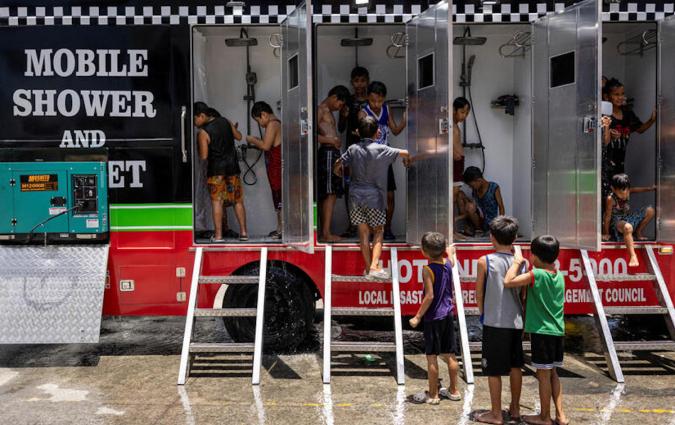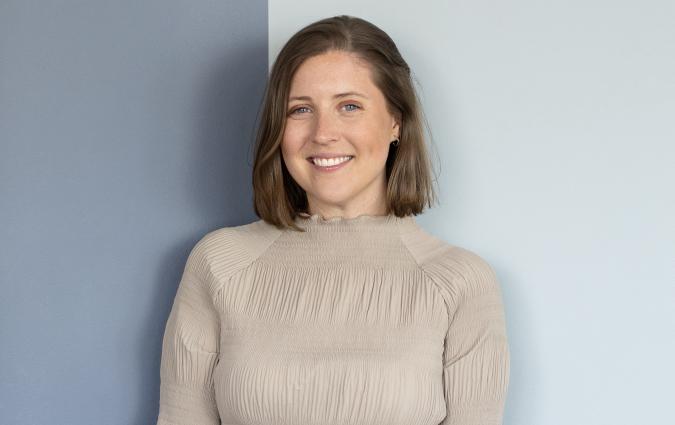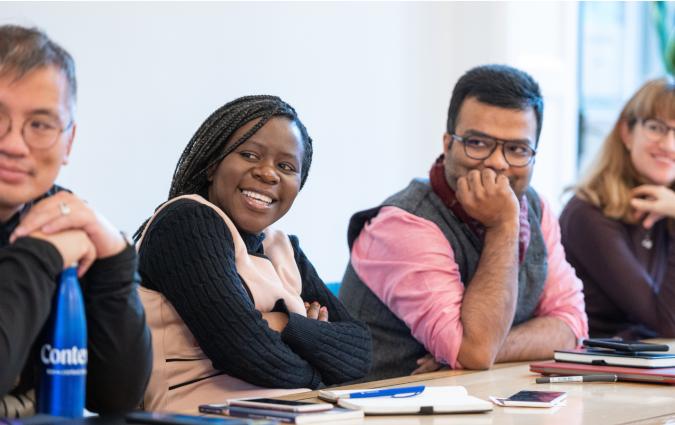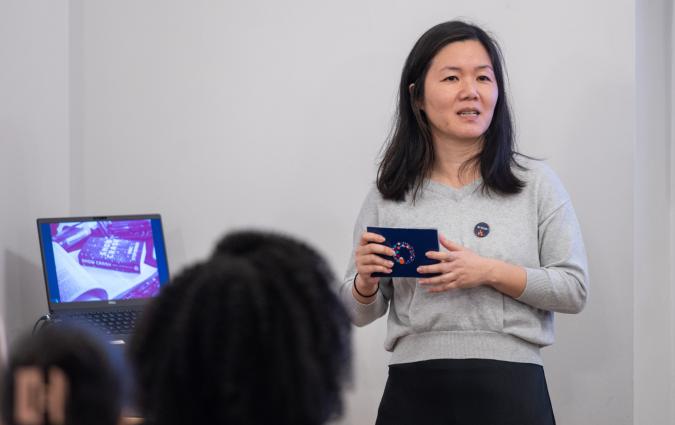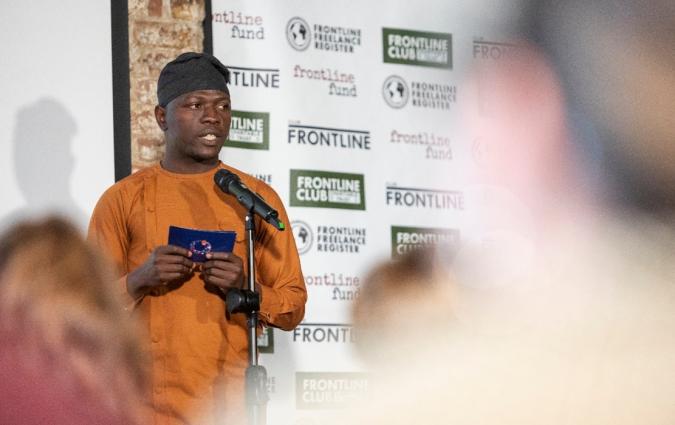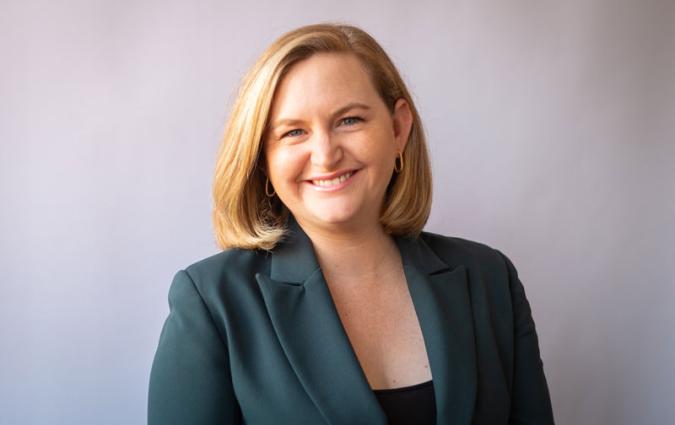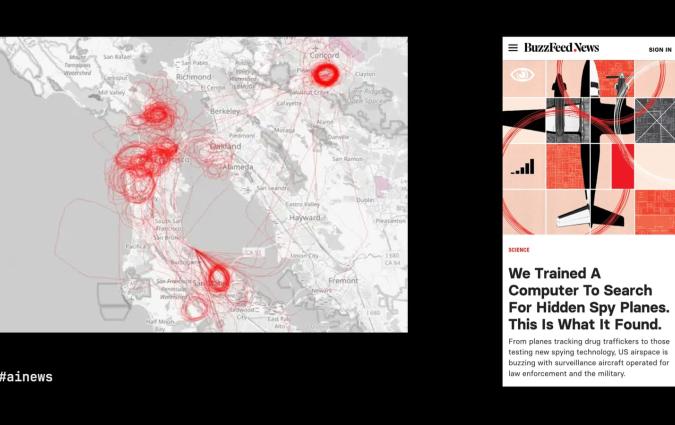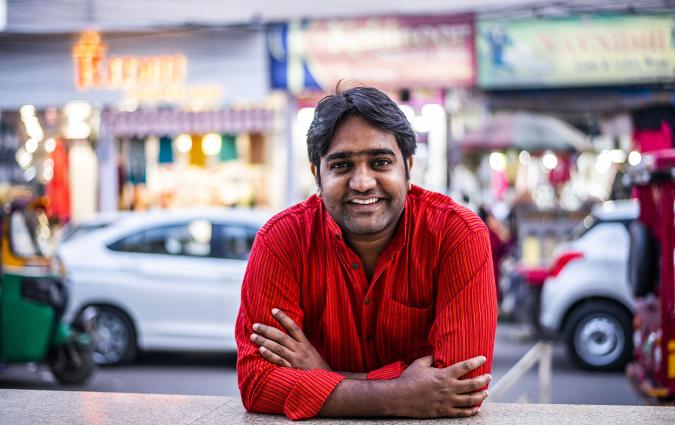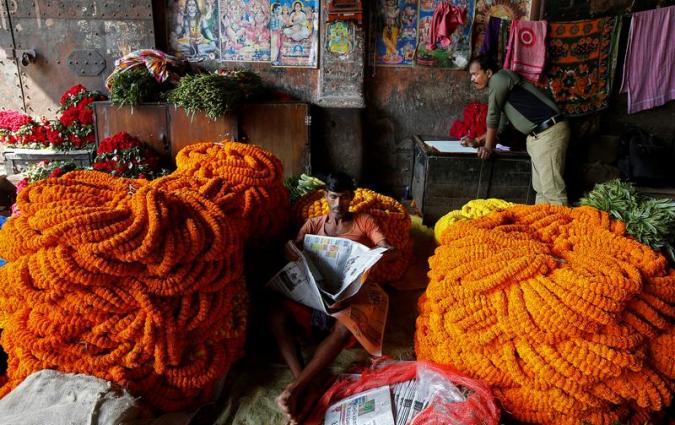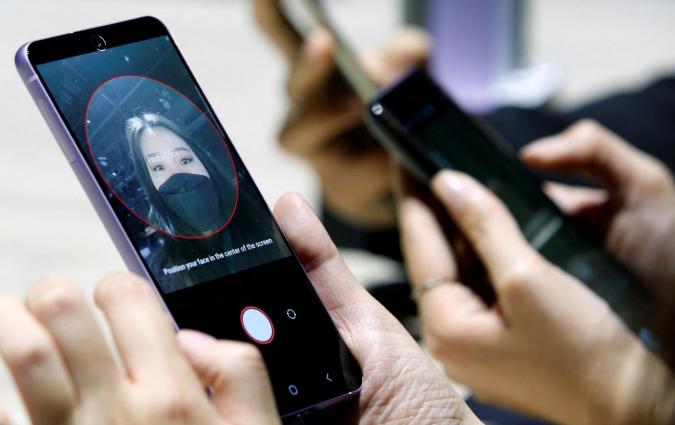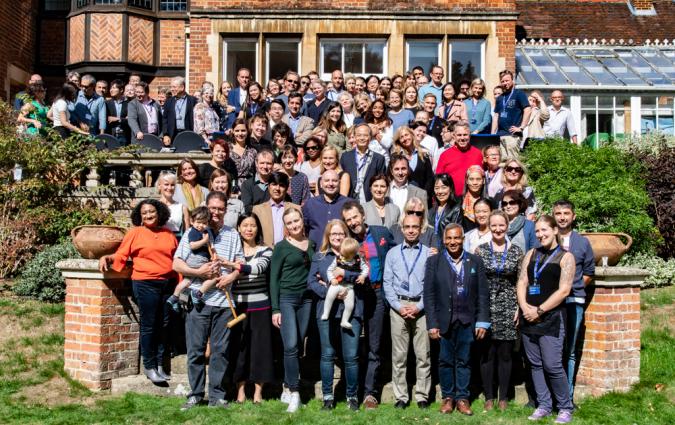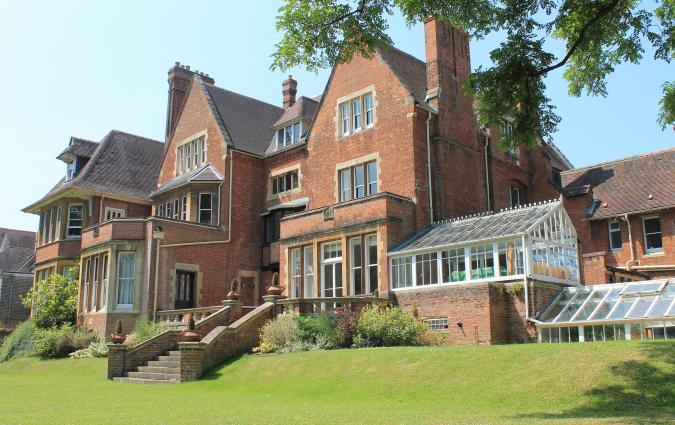
Explore the Digital News Report 2024
This year's report offers new insights on social media, AI in journalism, reader revenue, news influencers and trust in news. | Read the executive summary | Download a PDF version | Watch our video summary | Explore the report in hundreds of slides | Watch our launch events
- Listen to our podcast episode with lead author Nic Newman and the Institute's Director Rasmus Nielsen discussing the key findings of the report.
How audiences think about trust in news
By Rasmus Nielsen and Richard Fletcher
Public attitudes about AI and journalism
By Amy Ross Arguedas
Audiences and user needs
By Richard Fletcher
How much do people pay for news?
By Craig T. Robertson
The rise of news influencers
By Nic Newman
Explore data from your country
Europe
North America
Latin America
Asia Pacific, Oceania
Asia Pacific
Africa

Our journalist Gretel Kahn examines in this series of pieces and podcasts how broadcasters around the world are experimenting with this technology in different ways.
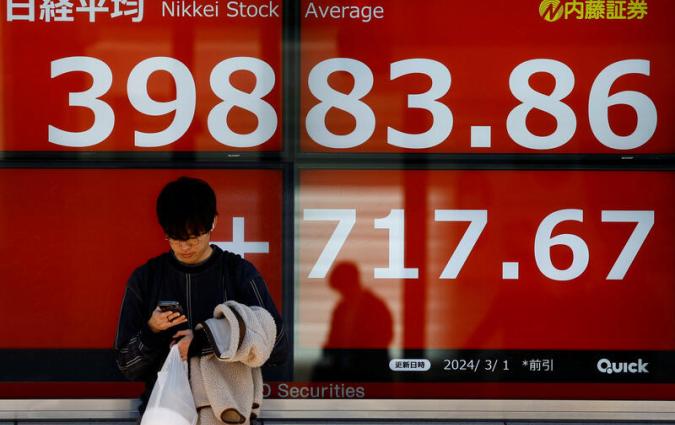
New report: What does the public in six countries think of generative AI in news?
This report looks at how people use generative AI, and what they think about its application in journalism and other areas of work and life across six countries: Argentina, France, Denmark, Japan, the UK and the US. | Read the report in full | Download a PDF version
- Read a piece by our Director Rasmus Nielsen explaining our work on AI and the future of news
- Read our previous research: on how AI chatbots respond when asked about the news | on AI crawlers | on media trends on AI | on AI in newsrooms | on sources of AI news stories
- Catch up with our seminars: Hilke Schellmann · Video and writeup | Arthur Grimonpont · Video and writeup | Rishad Patel · Video and writeup
- Read our original reporting: on how AI-generated content may impact this year's elections · Read | on how deepfakes can influence the vote in India · Read | on how AI detection tools work (and where they fail) · Read
In every email we send you'll find original reporting, evidence-based insights, online seminars and readings curated from 100s of sources - all in 5 minutes.
- Twice a week
- More than 20,000 people receive it
- Unsubscribe any time
signup block
Sign up
Our programme is one of the world’s leading schemes for practising, mid-career journalists to take some time out from their day jobs to explore journalism in depth.
Alberto Cairo and Simon Rogers on data journalism for the Olympics. · Read | Dima Saber on journalism and AI · Read | Sarah Kent on covering fashion. · Read | Dr. Bahareh Heravi on using AI in the newsroom. · Read | Peter Pomerantsev on fighting disinformation during the EU elections. · Read | Adriaan Basson on South Africa's crucial election. · Read
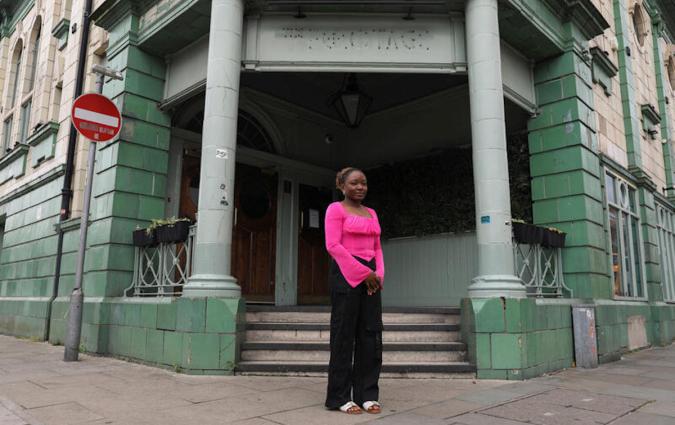
How AI chatbots responded to questions about the 2024 UK election
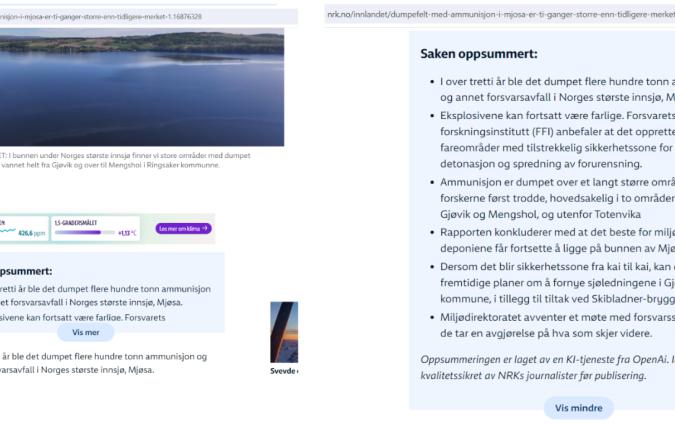
How Norway’s public broadcaster uses AI-generated summaries to reach younger audiences
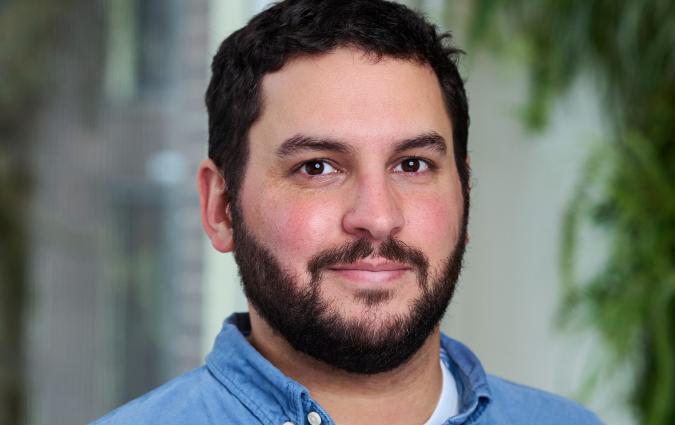
AI newsroom guidelines look very similar, says a researcher who studied them. He thinks this is bad news
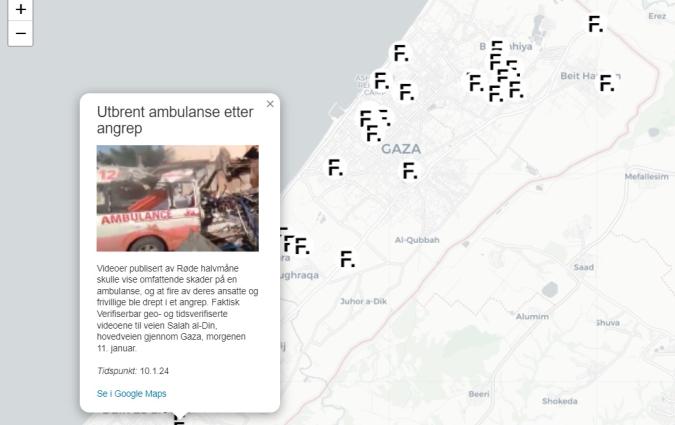
Generative AI is already helping fact-checkers. But it’s proving less useful in small languages and outside the West
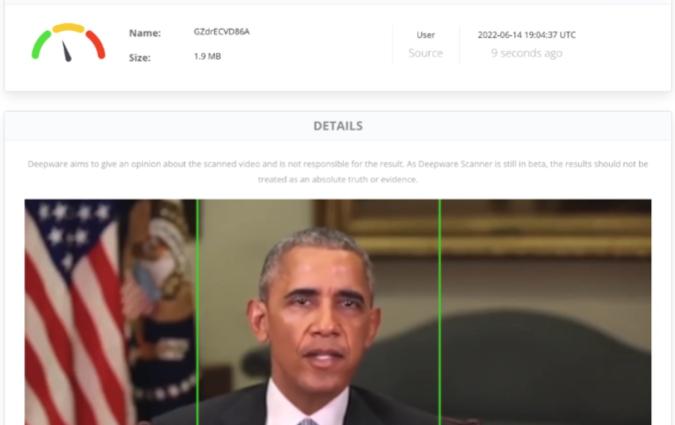
Spotting the deepfakes: how AI detection tools work and where they fail

What’s wrong with the robots? An Oxford researcher explains how we can better illustrate AI news stories
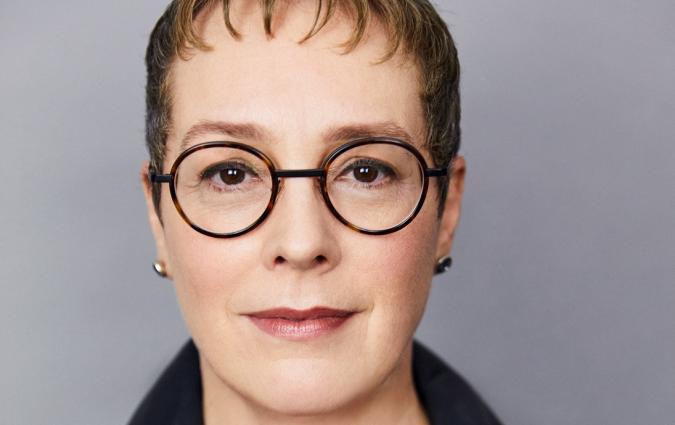
Julia Angwin: “AI makes it much easier to flood the zone with misinformation”
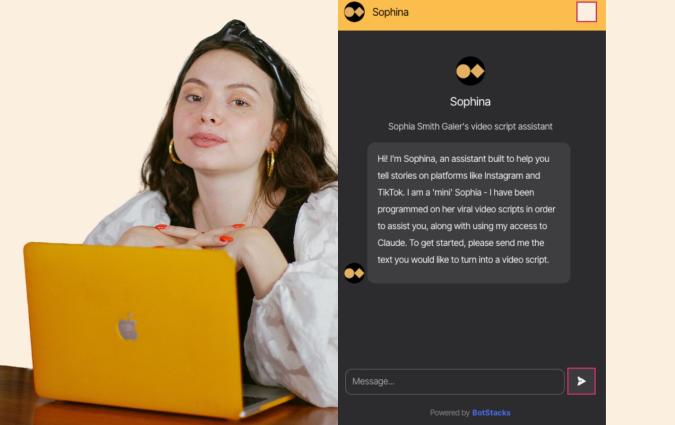
I trained an AI model with my own scripts and created a chatbot to help journalists make viral vertical videos
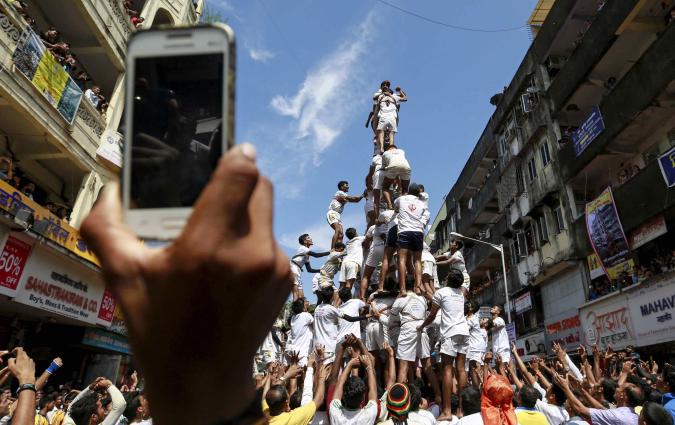
How the news ecosystem might look like in the age of generative AI
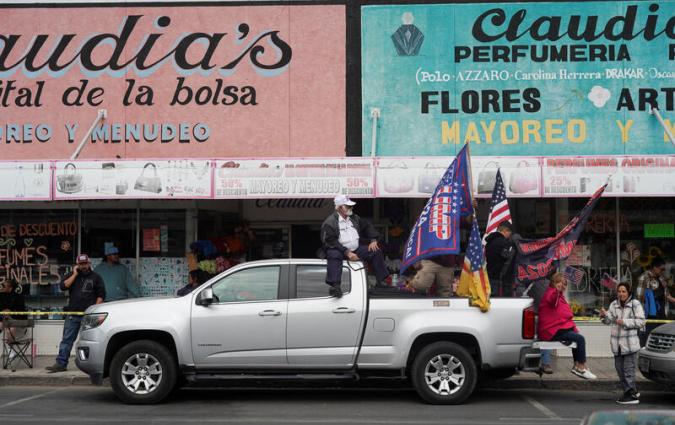
AI, lies and conspiracy theories: How Latinos became a key target for misinformation in the US election
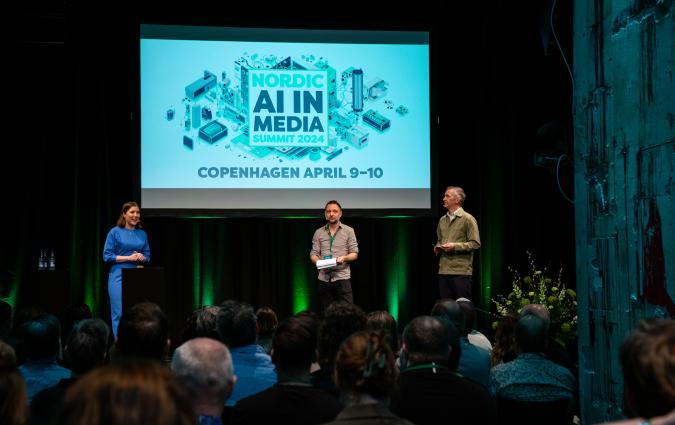
Nordic AI in Media Summit 2024: Five projects you should keep an eye on
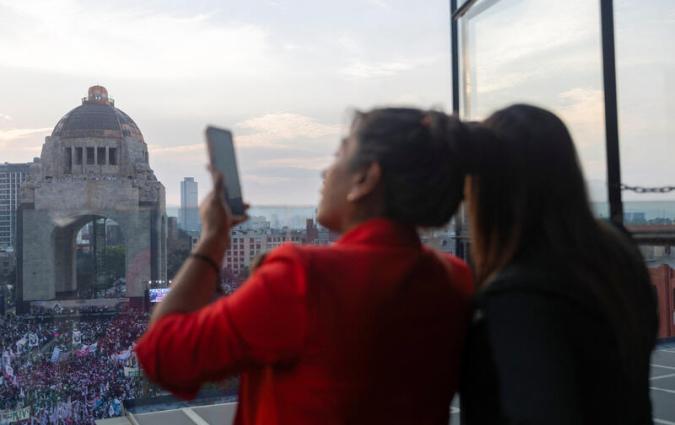
How AI disinformation might impact this year’s elections and how journalists should report on it
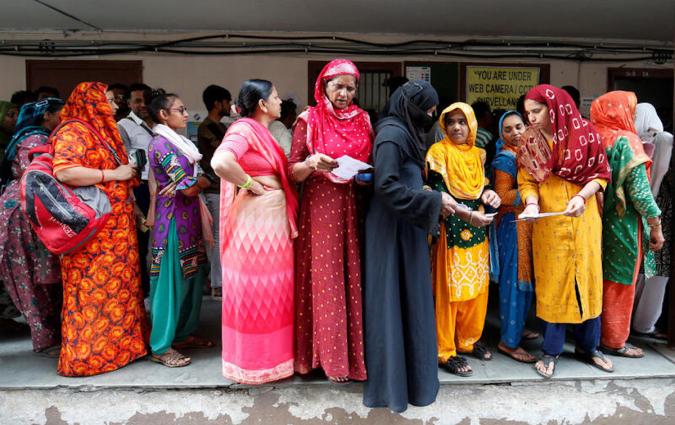
AI deepfakes, bad laws – and a big fat Indian election
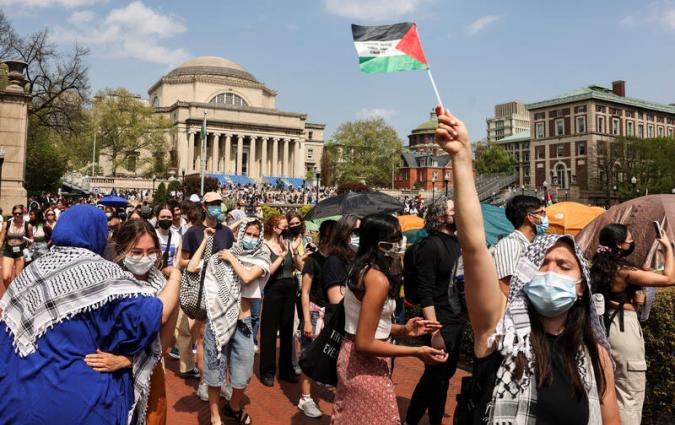
How student journalists covered US campus protests
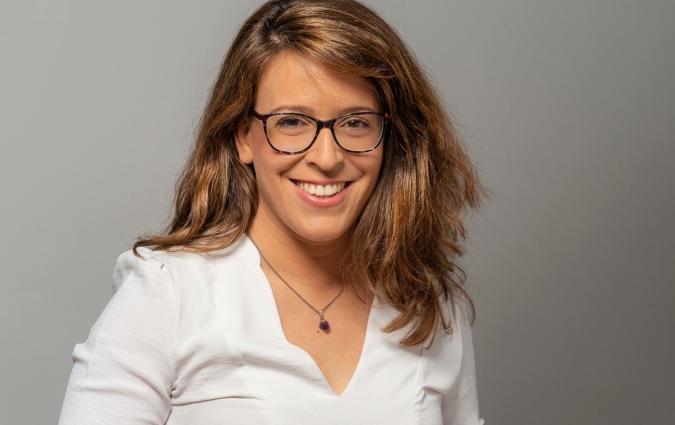
Mar Cabra from The Self-Investigation on how media leaders can protect their teams (and themselves) from burnout
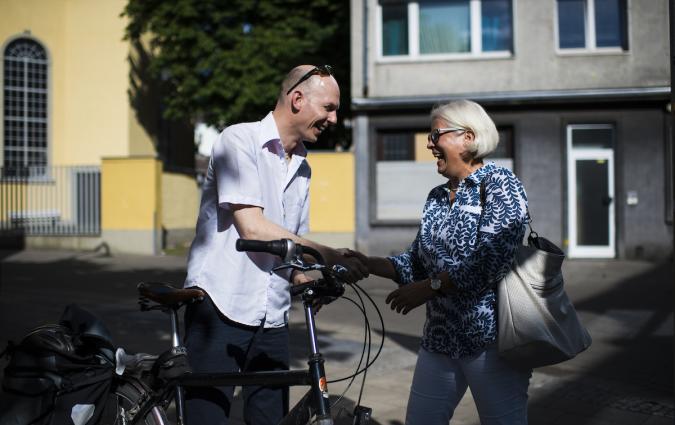
In a Europe increasingly fractured, this project is betting on one-on-one talks as a way to find common ground

Is freelance journalism still viable? Not for most of the reporters we spoke with. These are their key problems
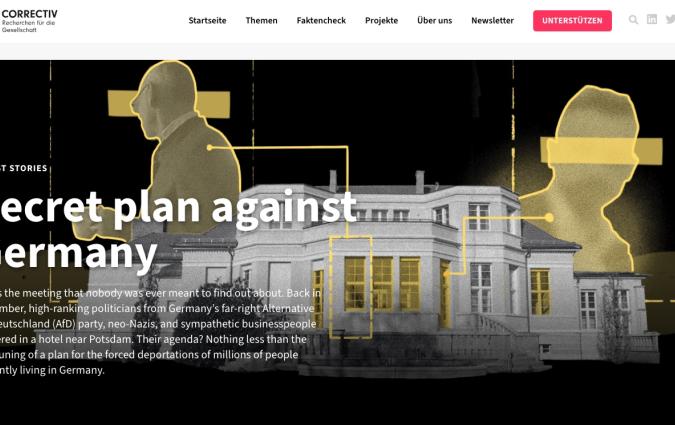
A scoop by nonprofit Correctiv sparked huge pro-democracy protests all over Germany. How did they pull it off?
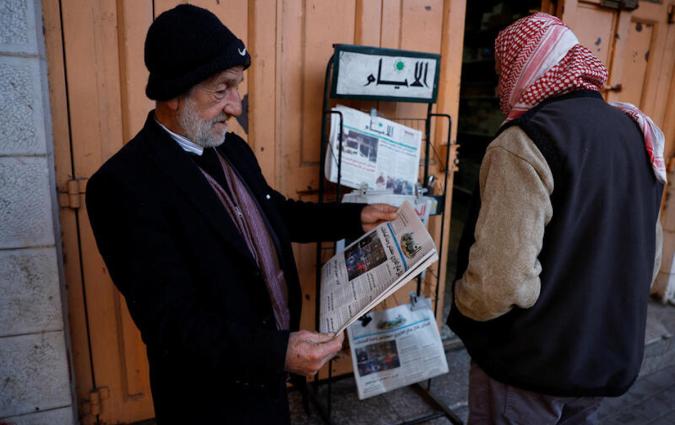
Seven things journalists can do to counter news avoidance
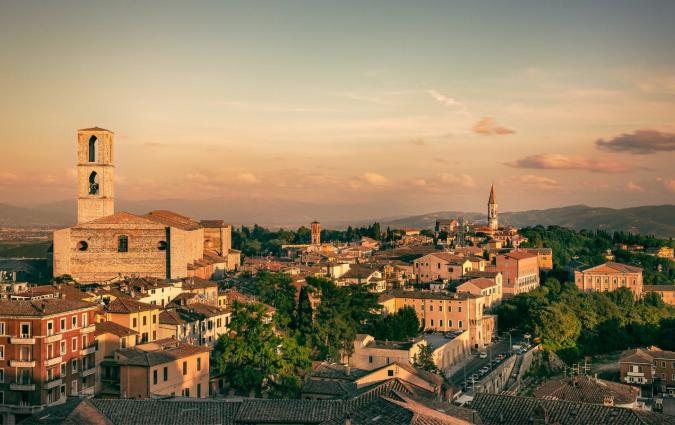
International Journalism Festival 2024: what we learnt in Perugia about the future of news
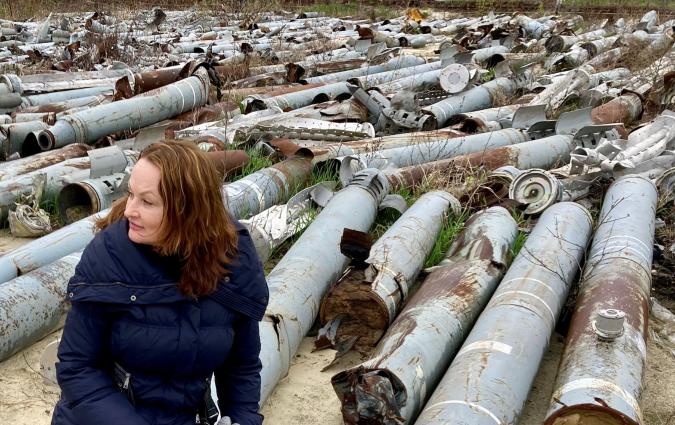
Hundreds of journalists go into exile every year. These are the problems they face and how to tackle them
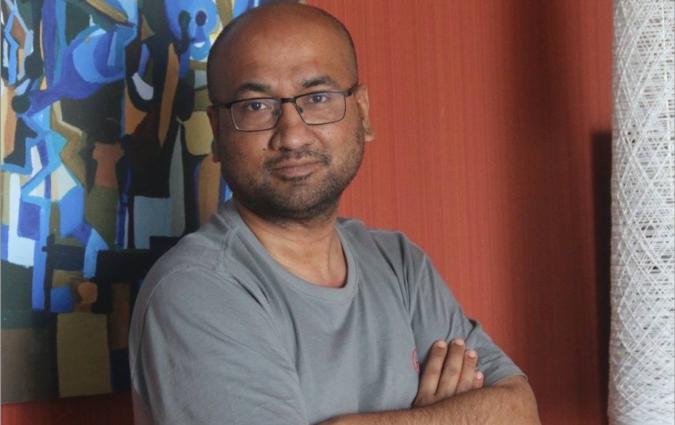
This editor is breaking news on Bangladesh from afar: “The space for independent media is shrinking fast”
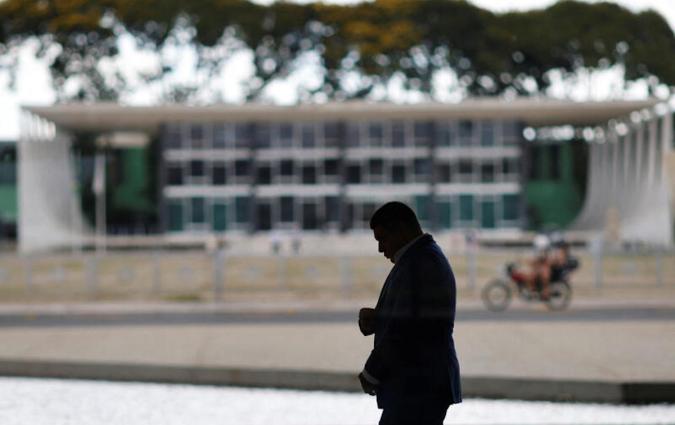
Under attack from so many quarters, press freedom in Brazil is now threatened by some judges too
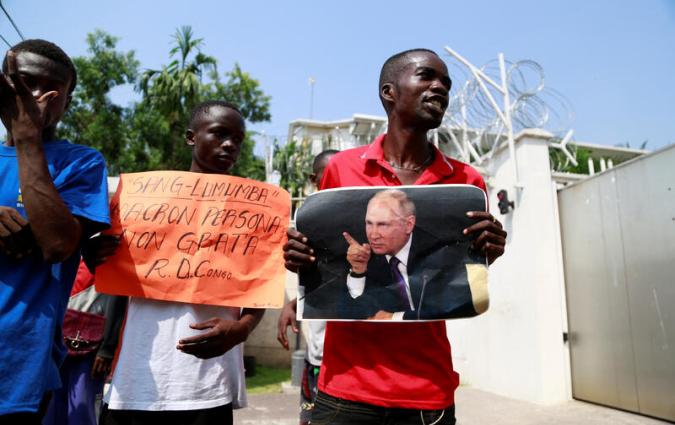
A Kremlin mouthpiece at the heart of Africa: how Afrique Média helps Putin court audiences in their own language
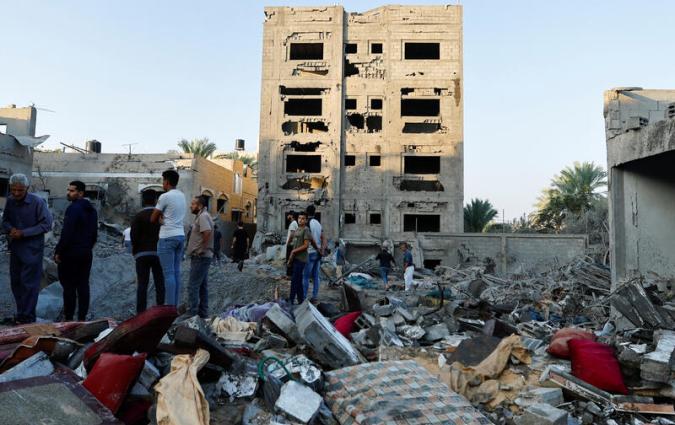
BBC senior verification expert on debunking Israel-Hamas war visuals: “The volume was beyond anything I’ve ever seen”
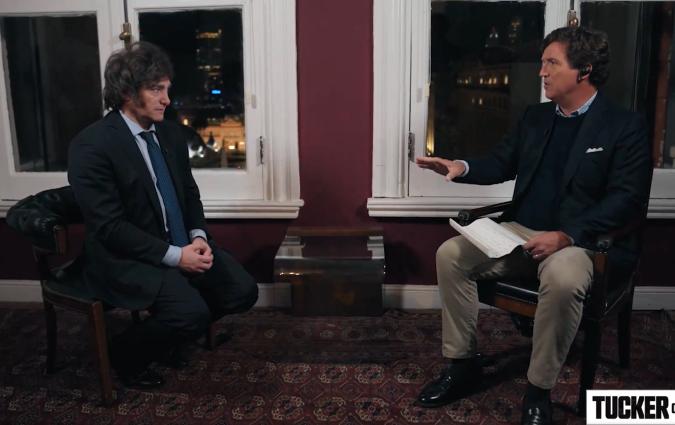
Why Tucker Carlson interviewed the eccentric frontrunner of Argentina’s election
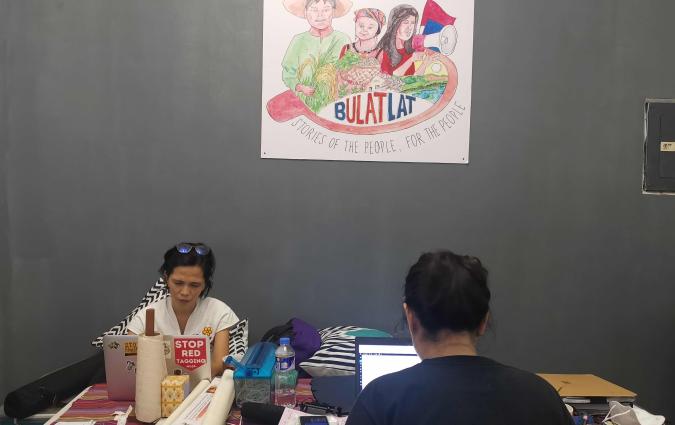
The year-long fight of a Filipino news site against red-tagging and state censorship
Explore our content
As the industry changes, we track the ever-shifting trends, aiming to connect rigorous academic research with the practical experiences of professional journalists, media managers and policy-makers.
The Reuters Institute for the Study of Journalism is dedicated to exploring the future of journalism worldwide through debate, engagement, and research.




